Australia’s first female Prime Minister lectures at Town Hall
The first female Prime Minister of Australia, Julia Gillard, spoke at the latest San Joaquin Valley Town Hall, April 10. Gillard discussed what life as a female politician was like, and the changing Asian economy and what it means for the world.

Gillard began her political life after she became involved in her student union at the Australian equivalent of college.
“There were some big government cutbacks to education and I got involved trying to change that,” Gillard said. “It was that that propelled me into higher levels of student unionism and into politics. It was in that moment in my second year of university that the penny dropped. I realized that if you believed in something enough, if you raised your voice about it, you could make a difference. It’s that moment that explains what put me on the road.
At 37, Gillard was elected to Parliament as a member of the Labor Party and by 2007, she became the first female Deputy Prime Minister and in 2010, despite being in the minority, she was elected the 27th Australian Prime Minister and first ever female.
“I never used to think about being in politics in high school,” Gillard said. “It took me a long time to work out that politics might be a path for me and I was in my late 20s early 30s that I realized this was something I could do with my life. Politics is a pathway for you if you are incredibly passionate about change. If you don’t have a driving sense of purpose to get you through, then I think it’s a very hard life. The thing that will sustain you is your purpose, not the applause.”
Gillard is known chiefly for her work in extending and broadening educational opportunities not only to Australians, but to underprivileged children all across the globe. She credits her parents for instilling her belief of education into her.
“The impact migrating made on my life is that my parents, like so many other millions of migrants, were in search of a better life for my sister and I,” Gillard said. “They equated that better life with access to schooling because neither of them had finished secondary school. It shaped my experiences by giving me a very keen focus on education. My parents were very clear to me that girls should aim high.”
However, once in office, Gillard faced many attacks simply for being a woman. Gillard shares some of the difficulties she faced because of this.
“We still live in world where women leaders are assessed differently to male leaders,” Gillard said. “We know from psychological research that people tend to correlate ability in men, but not in women. They tend to assume women leaders aren’t likeable. I think when you see women leading, she’s playing against culture stereotypes about what women should do. Then there’s all the ridiculous amount of time spent on appearance, what you’re wearing, how your family is structured, whether or not you have kids or not. All of that gets in the way of you trying to put in your messages.
She then shifted her presentation towards focusing on the rising Asian economy. Gillard noted that Australians in the past had always looked towards America, the motherland Britain as well as the other countries in Europe they had migrated from, but they tended to look over Asia. She explained that they had viewed it as a place of poverty and of threat.

Then in 1971, an Australian diplomat went to China to open up relations with the country, and this act laid a foundation for Australia’s modern foreign policy. It showed that Australia recognized they were a country in Asia, which is where their future lied.
“There is unbelievably huge economic growth in Asia,” Gillard said. “There are more middle class consumers than in Europe and North America combined, and such is the rise of wealth in my area of the world. This means hundreds and hundreds of people have been lifted out of poverty and are on track to middle class lives, but this does have huge implications.”
“At first, this increase of economy made it seem like many countries would gradually become more and more democratic, but that idea of a more democratic world has been thrown out,” Gillard said. “More recently, it actually seems the opposite. China now, instead of joining international democratic “clubs”, has been creating its own “clubs” for nations to be involved in.”
Gillard believes that deep engagement by the USA in their region of the world is a pivotal shaper of the future.
“I am a believer that we have the intelligence, and ultimately the will, to shape a better shared future,” Gillard said. “I think we’re in a fairly choppy era at the moment and we need to be analytical and smart, but I don’t think we should let the immediate temper of these times change the optimism about where we can go in the future. I am still a big believer in the role that the US can play in shaping the world.”
In the following tweet, Feather editor Alex Rurik interviews Julia Gillard.
In the final #SJVTownHall of the #Fresno season, @JuliaGillard, Australia’s first female Prime Minister said,
“In 2030, there will be 1.8B young people on the planet, and w/ current trends, we will see about half educated. That is a grim vision of the future. …” #thefeather pic.twitter.com/Ioiofj8ZhP— The Feather Online (@thefeather) April 10, 2019
Gillard closed by bringing to attention the plight of many children worldwide.
“In 2030, there will be 1.8 billion young people on the planet, and with current trends we will see about half educated,” Gillard said. “That is a grim vision of the future so I devote a lot of time to help try and change this. Today, 260 million children who won’t go to one day of school in their lives. And if they can’t go to school, they won’t have the skills and attributes that will enable them to navigate our shared future.”
For more articles, read Dr. Jeremi Suri dissects American politics, history at SJV Town Hall and Renowned journalist David Epstein lectures at SJV Town Hall.
Alexander Rurik can be reached via Twitter @alexrurik23, email and Instagram.

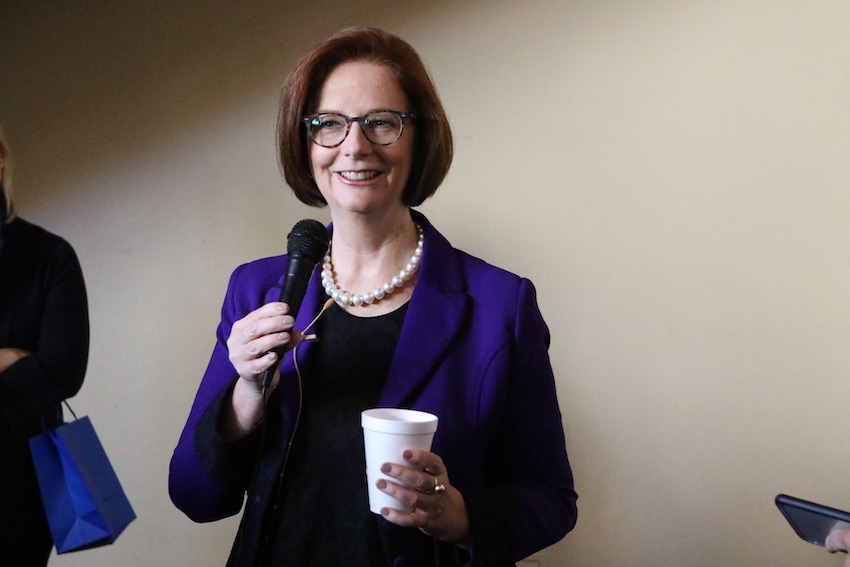
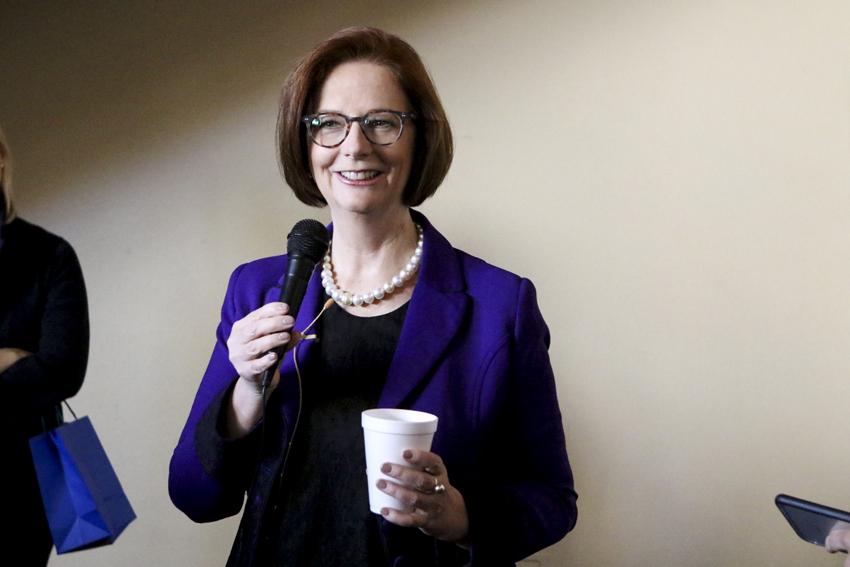
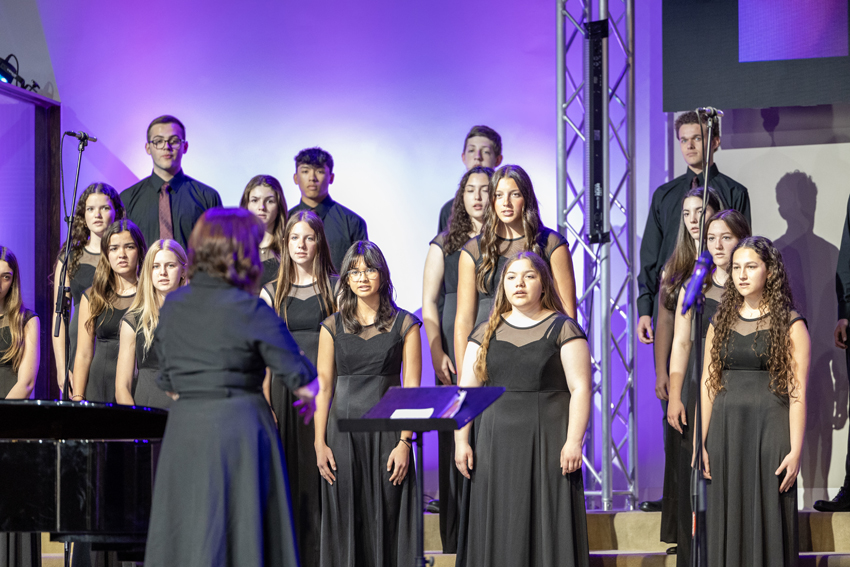
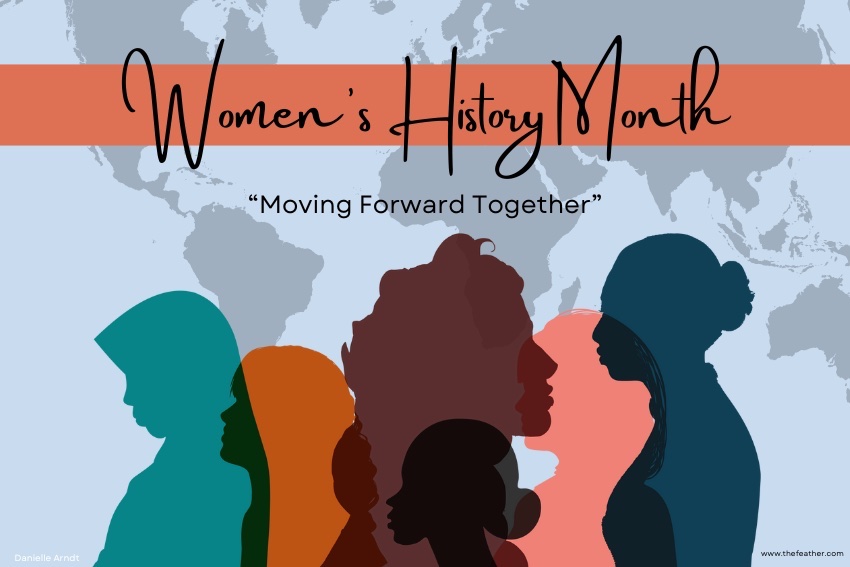
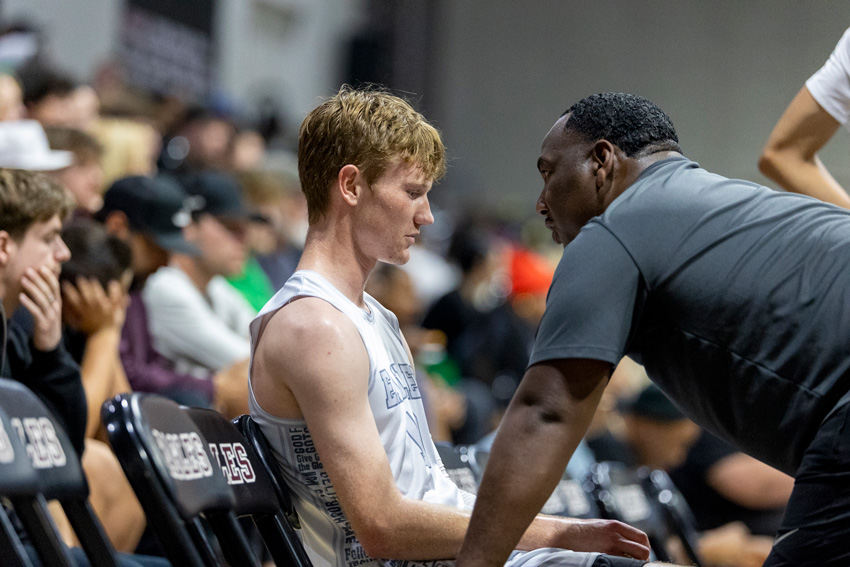
Silva Emerian • Apr 20, 2019 at 4:04 pm
Excellent article, Alex. So glad you got the opportunity to meet and talk to her, and thanks for the informative piece. It’s really well written.